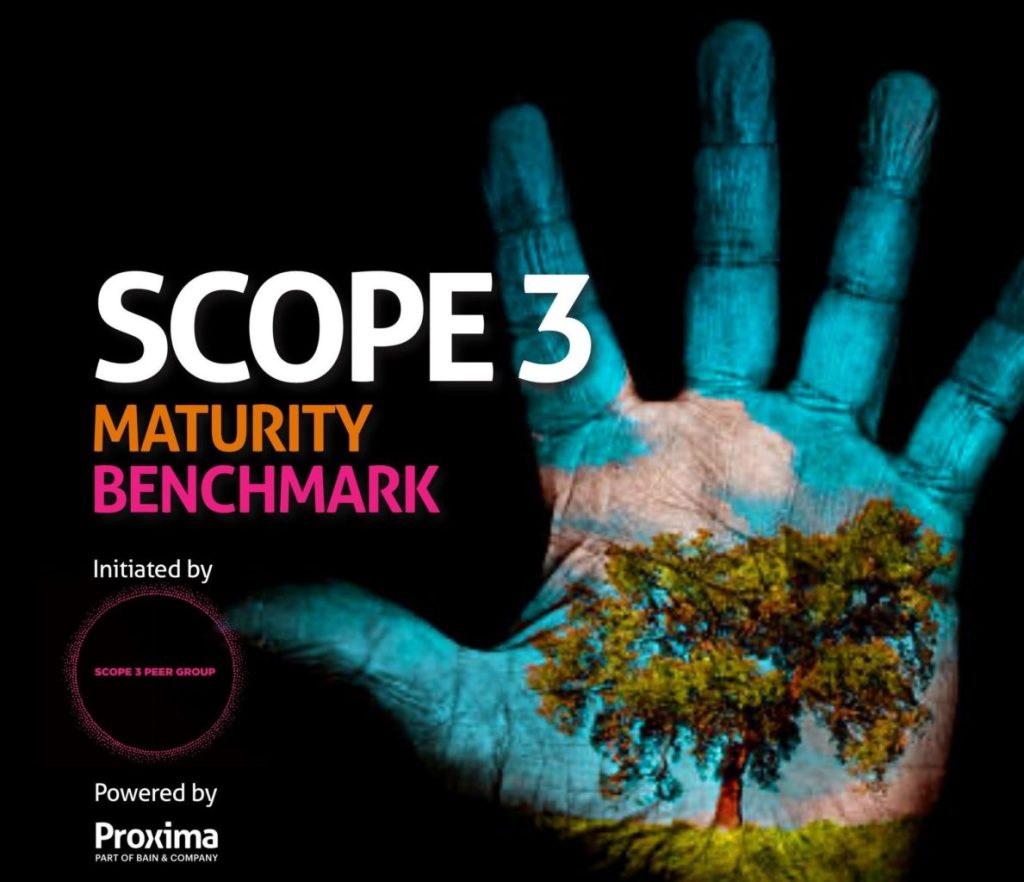The advantages of a sustainable procurement approach
Aligning procurement with purpose
As sustainability and ESG continue to grow in significance on the global agenda, it’s becoming increasingly important to align procurement strategy with the evolving values of shareholders, customers, and employees.
Although many companies are already focused on reducing their internal carbon footprint in Scope 1 and 2, it’s also essential that Scope 3 supply chain decarbonization is tackled. A strategy to decrease emissions across the whole supply chain is essential to any organization’s Net Zero ambitions.
Sustainable procurement practices can unlock supply chain decarbonization benefits and optimize supply chain impact on social, environmental, and economic factors. Procuring with purpose elevates your organization’s positive impact, addressing broader issues like biodiversity, inequality and discrimination, supplier diversity, and more.
Discover how to improve your environmental, social, and economic impact by adopting a more ethical and sustainable procurement strategy today.

Definition of Sustainable Procurement:
Sustainable procurement is the process of businesses considering social, economic, and environmental factors alongside cost and quality metrics when procuring goods and services.
Traditionally, financial constraints mean businesses prioritize reducing margins and navigating industry regulations during the procurement process. Procurement with purpose means they leverage ‘procurement spend’ to address sustainability – one of the most significant issues on the planet.
Read on to Explore
What does sustainable procurement mean?
What are the benefits of good sustainable procurement?
What can a sustainable procurement consultant advise?
Why do you need a sustainable procurement strategy?
How can Proxima help?

What can a Sustainable Procurement Consultant offer?
Investing in a procurement professional who can help you reduce operational costs, influence sustainability performance, and know the ins and outs of the technology will drive business performance.
As sustainability becomes an increasingly important focus across every industry, it’s essential to improve the impact of procurement to reach individual and global environmental targets and build trust with customers.
Other benefits of implementing a sustainable procurement approach include:
1.Risk reduction
2. Cost reduction
3. Increased revenue growth
4. Improved industry reputation
5. Future-proofed strategy
6. Enhanced supplier diversity
7. New business opportunities
8. Increased industry compliance
9. Reduced waste
10. Mitigated environmental impact

Delivering ethical and sustainable procurement – The Proxima approach
Our sustainable procurement services combine our expertise and industry best practices to assess, kick-start, and accelerate purposeful procurement for lasting positive change.
Knowing where to start is often a barrier to launching or embedding sustainable procurement practices within your organization. Our subject matter experts will work closely with you to understand your situation and needs before strategizing how best to achieve your goals. Our sustainable procurement services include:
Sustainability Maturity Assessment – understand risk exposure and opportunities to drive positive change
Sustainable Procurement Acceleration – targeted projects to inform an initial strategy or drive a deeper impact
Sustainable Procurement Transformation – embedding purpose to create sustainable procurement, supply chain, and working practices
Implementing a sustainable procurement strategy works as a functional blueprint to extend your third-party spend beyond your organization’s immediate needs while simultaneously reducing costs.
At Proxima, we offer services that help businesses address their other primary commercial challenges – all while improving value-creating and reputation.

FAQS
What is supply chain management and how do you achieve sustainable procurement?
Achieving your sustainable procurement vision is driven by reviewing the main aspects of acquiring products and services – including manufacturing methods, recycling options, and non-renewable material use – and identifying areas of improvement. Improvements can take the form of prioritizing ethically sourced products and ensuring labor standards are met during production processes or working to reduce your carbon footprint while still ensuring value for money.
Why does sustainable procurement matter?
Sustainable procurement practices are becoming increasingly crucial for any organization wishing to demonstrate responsibility and foresight in its operations. Procurement is pivotal in steering their organizations toward more environmentally friendly and socially responsible purchasing decisions. In a world with increasingly strained resources and heightened public awareness of environmental and social issues, sustainable procurement also mitigates risk and can drive innovation.
What are the advantages of sustainable procurement?
Allowing your organization to operate sustainably is crucial as it’s becoming an increasingly significant requirement for success. As well as improving your organization’s reputation, sustainable procurement yields major advantages like reducing greenhouse gas emissions, reducing the risk of reputational damage, boosting employee wellbeing, and supporting sustainable local communities.
What is the impact of sustainable procurement?
Behind every service or product your organization acquires, there should be processes that ensure procurement can positively impact the customers and industry you serve. Adopting economic, environmental, and social factors alongside cost and quality aspects – including compliance with environmental laws and reducing supply chain waste – will transform how your organization operates now and in the future.
These transformations will increase your business’s reputation, finances, and adherence to legislation and have the capacity to bolster revenue growth, reduce operating costs, and attract a wider customer base.
Explore more by taking a look at our Scope 3 Benchmark Report
Click to download
